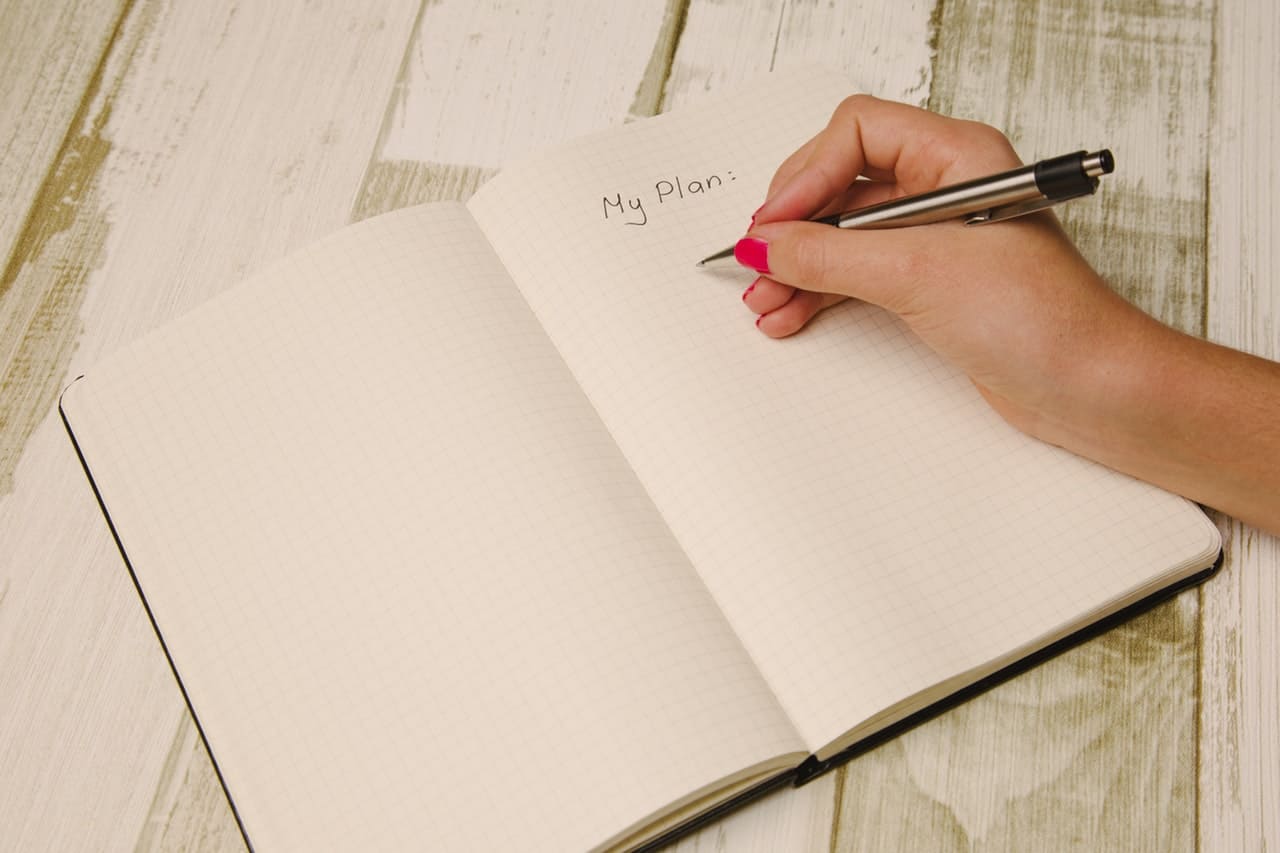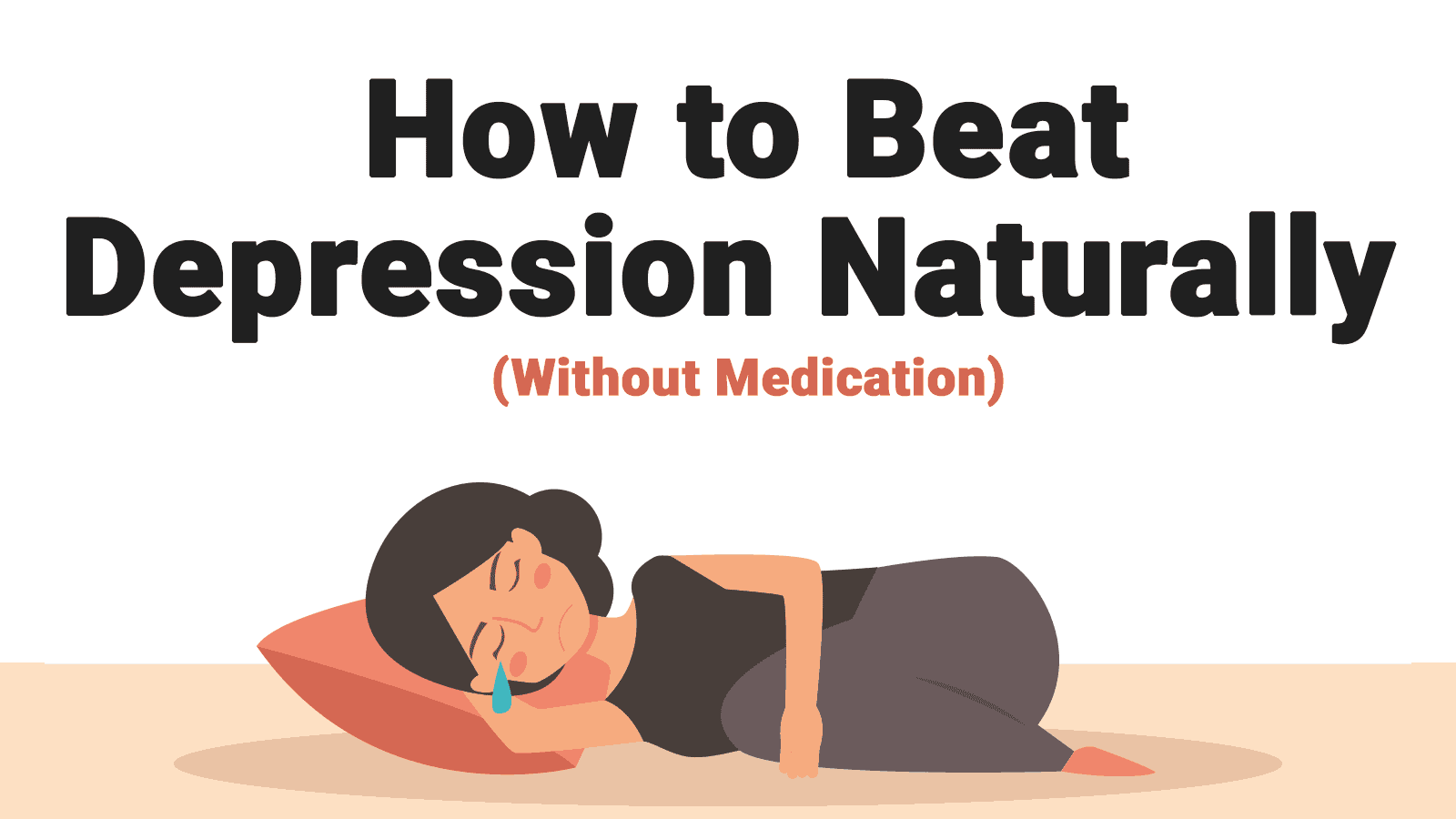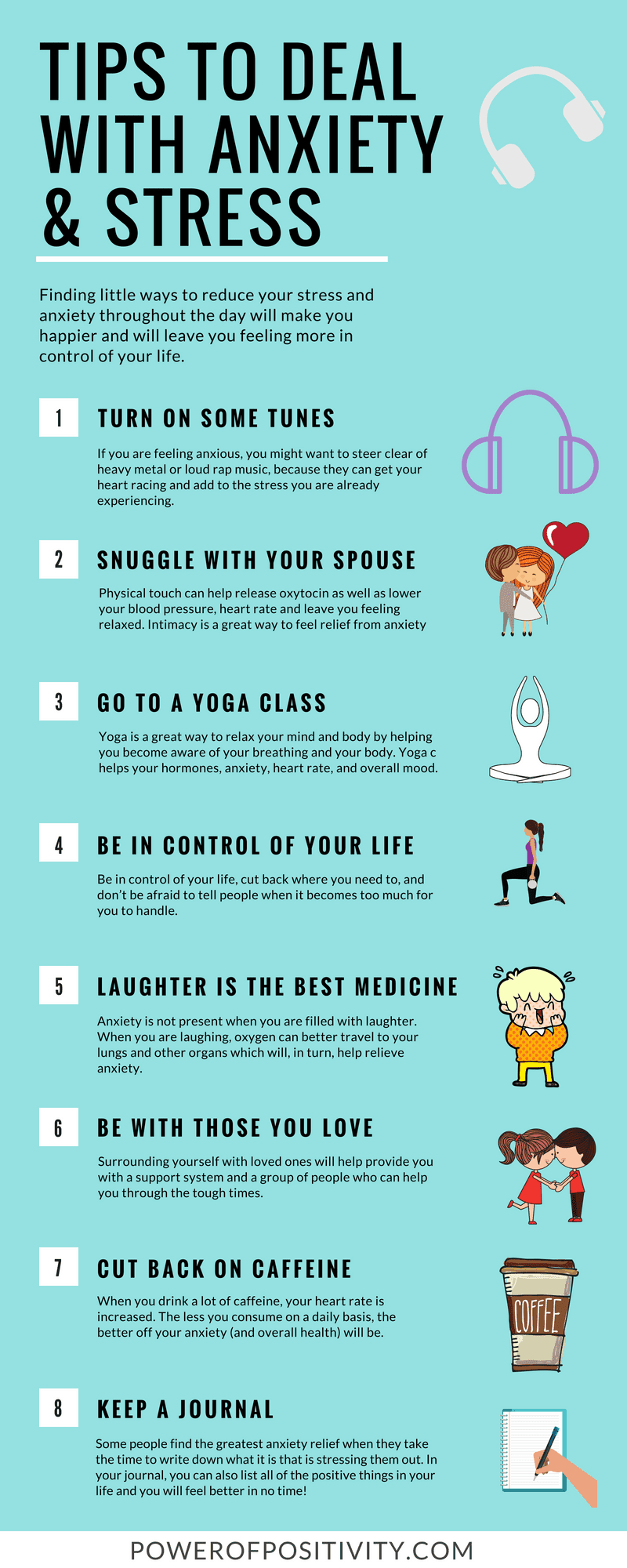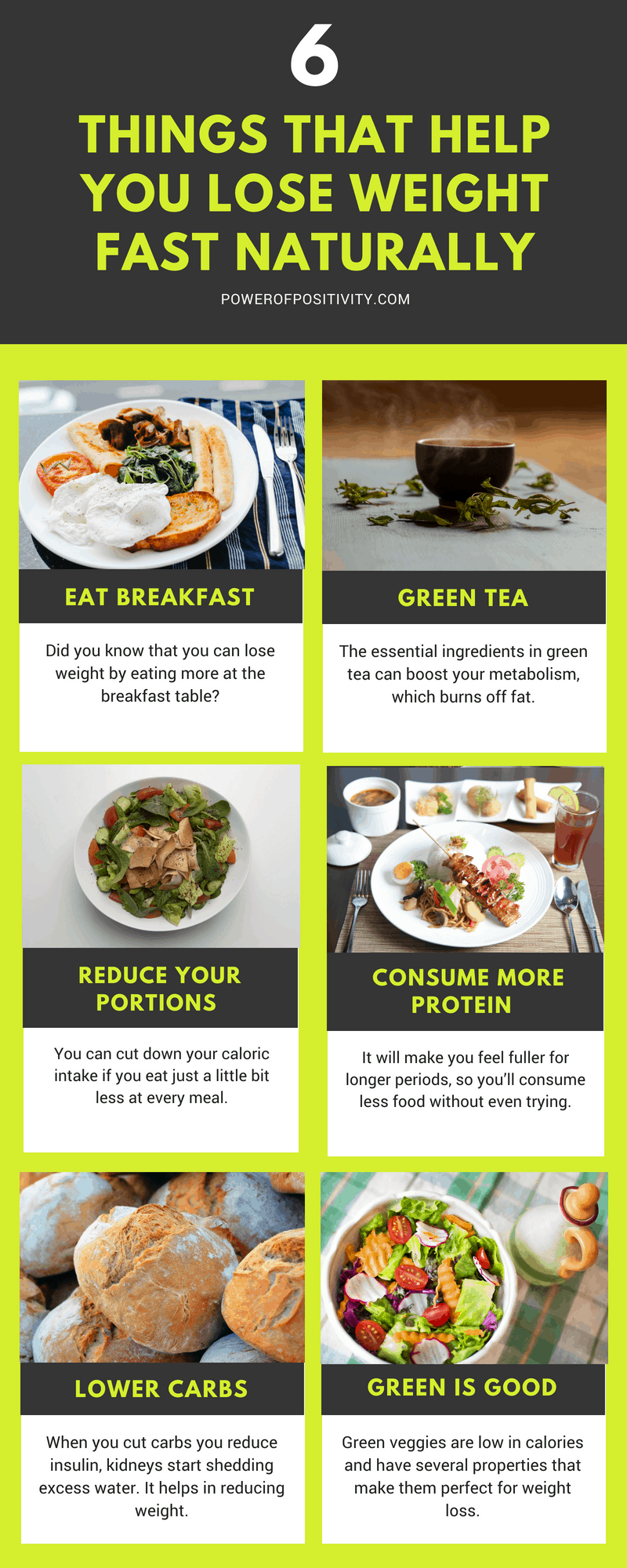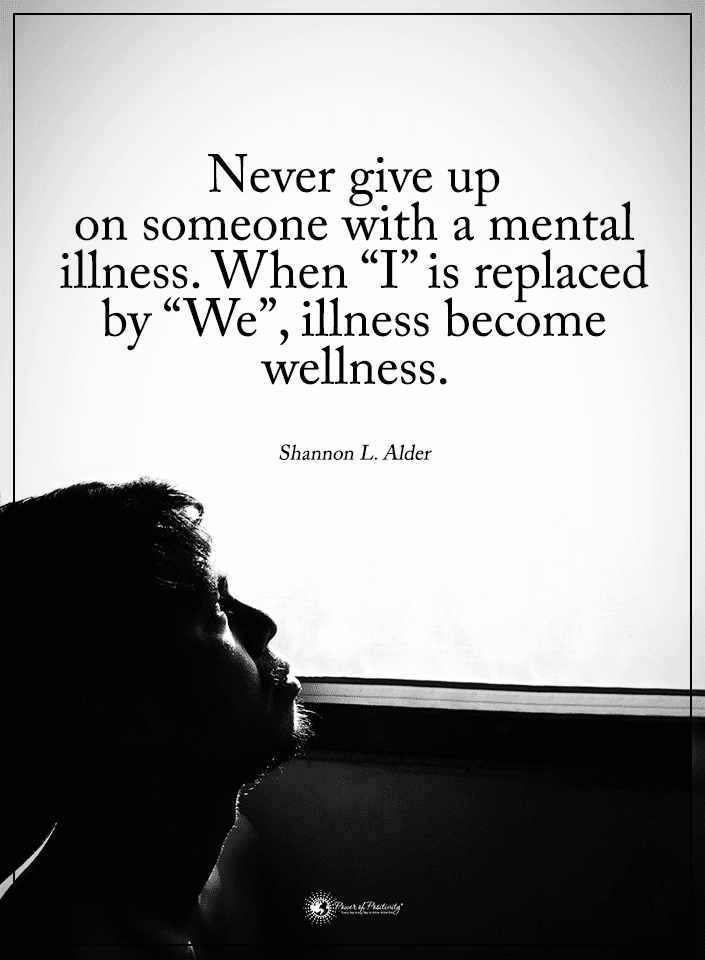The old adage ‘it goes faster than it comes’ is so true when speaking of money. Learning to make a dollar stretch can create better money habits. There are all sorts of ways to make a dollar go further, so that you have funds to do more things. Learning what your priorities are will help you make these decisions.
Some changes are one time fixes and the savings continue. Other changes are creating new habits. They take a little more time but are worth it in the long run. Think of your budget like death by a million cuts. You will plan to cut your expenses in a million ways, creating some margin in your finances.
Here are some better money habits tips:
1. Make a written budget every month before you start spending money. This is a map for your spending.
2. Don’t keep up with the Joneses. You are not them, and have your own life to live. Just because they have ‘X’ doesn’t mean you need it too. Create your own money habits that suit your needs, not theirs.
3. Think about how many hours it takes to purchase a product. Better money habits would be to say to yourself, “It will cost me ‘X’ hours to buy this shirt”.
4. Don’t shop for fun. It will kill your budget quickly. Find other ways to have fun.
5. Set an amount before you shop for gifts, and stay within that amount. Gifts are great, but not when they come before your needs.
6. Don’t purchase what is already offered for free. Local businesses always have free calendars, so there is no need to spend money on them each year.
7. Learn delayed gratification. Waiting a while before a purchase can bring clarity on whether or not you really want the item.
8. Use what you already have. Organize your belongings to where you can find things easily. Lost items lead to unnecessary spending.
9. Up-cycle when possible. Instead of automatically purchasing new items, see if you have something around the house that can be recreated. For example: an old t-shirt can become a shopping bag.
10. If you need a specialized tool, see about borrowing it from a neighbor. Purchasing one-time use items is a waste of money.
11. Use YouTube for how-to videos. You can repair many things yourself instead of hiring out.
12. Learning the difference of when you need to hire out, and when you should do the work yourself is great for mature money habits.
13. Use displacement in your toilet tanks. Especially for the older toilets, this is a great way to save money on the water bill.
14. For better money habits, think of ways to cut your electricity usage. You can unplug unused items. You can also hang blackout curtains during the hottest part of the day.
15. Go natural. Use the sunlight for lighting your home during the day. Use the sun and wind for drying your clothing. It is free!
16. Keep a running list of items your family needs and wants with you at all times. When you pass a yard sale or a thrift store, stop in and see if you can get the item for less than full price.
17. Learn the difference in between wants and needs. This line can shift with self-examination.
18. Learn to enjoy life without being entertained all the time.
19. Create a list of things you need to do around your home. Separate the list into things that you can do for free, and things that cost money. Begin the free things first.
20. Always, always, always spend less than what you make.
These better money habits tips will help you gain control of your finances. Your money can be working for you, instead of you working for it. Having better money habits will enable you to do more with less. It will free you up to do what you love, instead of work all the time.
Better money habits create an environment where you can thrive instead of just survive. You can reach your goals with better money habits. You can achieve your dreams. If you were to build a house without a plan, it would be a disaster, so why spend money without a plan? Be intentional with your finances!


